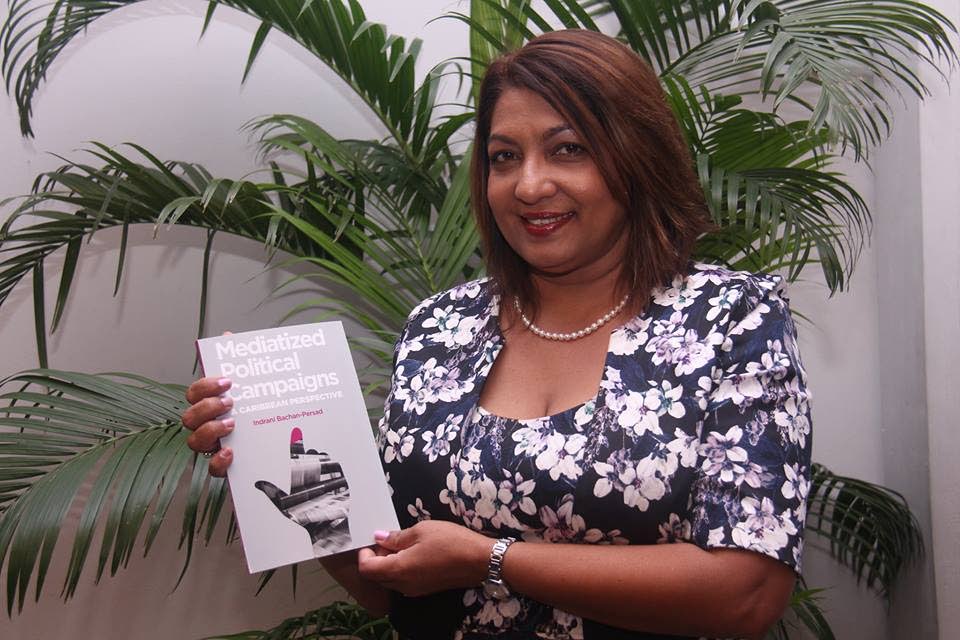Author: Social media can backfire

DESPITE one academic’s fearing a growing use of social media in general election campaigns in TT, another said this platform had famously backfired in 2015.
These were the views of two panelists during a recent discussion on the Role of Social Media in Elections in TT, held at SALISES Unit at the University of the West Indies (UWI), St Augustine.
UWI communications lecturer Dr Scott Timcke said social media could facilitate totalitarianism, as he related how such platforms have facilitated data-mining of people’s personal details globally, such as in the Cambridge Analytica affair. “This isn’t a bug, but a feature,” he warned. “It is designed to be like that.” Timcke said social media won’t be used to merely predict life-choices but to shape them.
However author Dr Indrani Bachan-Persad said the People’s Partnership’s (PP) online campaign against the personality of People’s National Movement (PNM) leader Dr Keith Rowley in 2015 had actually backfired and ended up having “an adverse effect” on the PP.
By contrast, the youthful appeal of Tobago West PNM candidate Shamfa Cudjoe at a St James rally had been spread by social media, her speech having 73,000 views. Bachan-Persad said the PNM had used music and drama to more effectively target youth voters online than had the PP, whose United National Congress (UNC) had instead focused on its traditional groups.
She said foreign consultants hired to run the online campaigns had largely “failed to understand the complexity of TT.” Negative campaigning turned off many undecided voters, she added. Bachan-Persad said the mainstream media had played a mediating role to help curb racial tensions. She saw success in the PNM’s social media strategy. She said youngsters had made up 40 per cent of the country’s 90,000-plus voters who were initially classed as “Undecided”, and that remarkably that undecided youth vote was similar to the PNM’s eventual margin of victory.
Veteran journalist Curtis Williams said in TT 52 per cent of households have mobile phones linked to the internet, while 77 per cent have fixed internet access. “Traditional media is not longer the sole gatekeeper of news,” saying the Maha Sabha hijab controversy over OJT Nafisah Nakhid first broke online.
However despite social media’s compression of the news cycle, he said traditional media must remain repositories of verified, high-quality, accurate and independent news. Williams said a Reuters study had shown social media is not the death knell of tradition media but rather enhances the role of journalists to verify information. While saying some advertisers may shift from traditional media to social media, he said journalists must keep their moorings and practise well-researched investigate reports in the public interest.
In the question session, calls were made to disaggregate the data on undecided voters and to actually ask youngsters if social media had in fact swayed youth voters. Newsday asked how strong the foreign hidden persuaders were in manipulating members of a population who are speaking to each other online.

Comments
"Author: Social media can backfire"